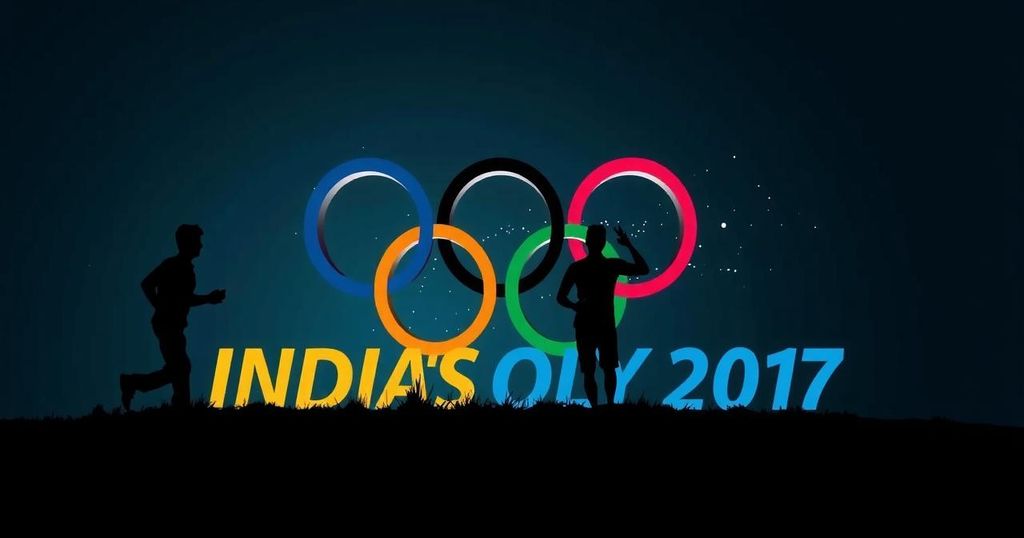Reflecting on India’s Olympic Performance: A Call for Strategic Reform
In light of India’s recent performance at the Olympics, one must ponder whether it is appropriate to reassess our investment in this global sporting event. With the conclusion of what is often termed the ‘greatest sporting event,’ the sentiments evoked have been mixed. Just under two weeks ago, the nation rallied behind Neeraj Chopra as he prepared for his javelin throw, fervently hoping for a gold medal. However, disappointment ensued when Vinesh Phogat faced disqualification due to a minuscule weight overage. Yet, as is typical of our fast-paced media culture, we quickly transitioned to the next trending topic, glossing over the implications of our Olympics performance.
This fleeting engagement with sports exemplifies a recurring issue—a lack of sustained commitment to fostering athletic excellence. Admittedly, it might feel uncomfortable to address India’s subpar showing in the Olympics candidly, particularly in an era where criticism can be misconstrued as unpatriotic. Nevertheless, it is essential to analyze our results with honesty to pave the way for genuine improvement. The statistics are revealing: while India secured a modest total of six medals, with none being gold, our neighboring country, China, dominated the medal tally with a staggering 91 medals, including 40 golds. Notably, India even found itself trailing behind North Korea and Kazakhstan—a disconcerting reality.
While it is imperative to commend our medal winners for their commendable efforts, acknowledging a broader context of underperformance is crucial. The experiences of nations such as China cannot solely be attributed to extreme training regimens, for that would oversimplify the systemic support they provide to athletes. To disregard the quantitative metrics of our performance is to diminish the aspirations and potential of a nation of over a billion people.
Therefore, instead of entertaining thoughts of abandoning the Olympics, perhaps it is more prudent to critically evaluate our approach to sports. A long-term strategy that prioritizes athlete development, infrastructure enhancement, and sustained public interest is essential. In conclusion, the path forward lies not in resignation but in a commitment to fostering an enduring sporting culture that can yield results commensurate with our nation’s capabilities.








Post Comment